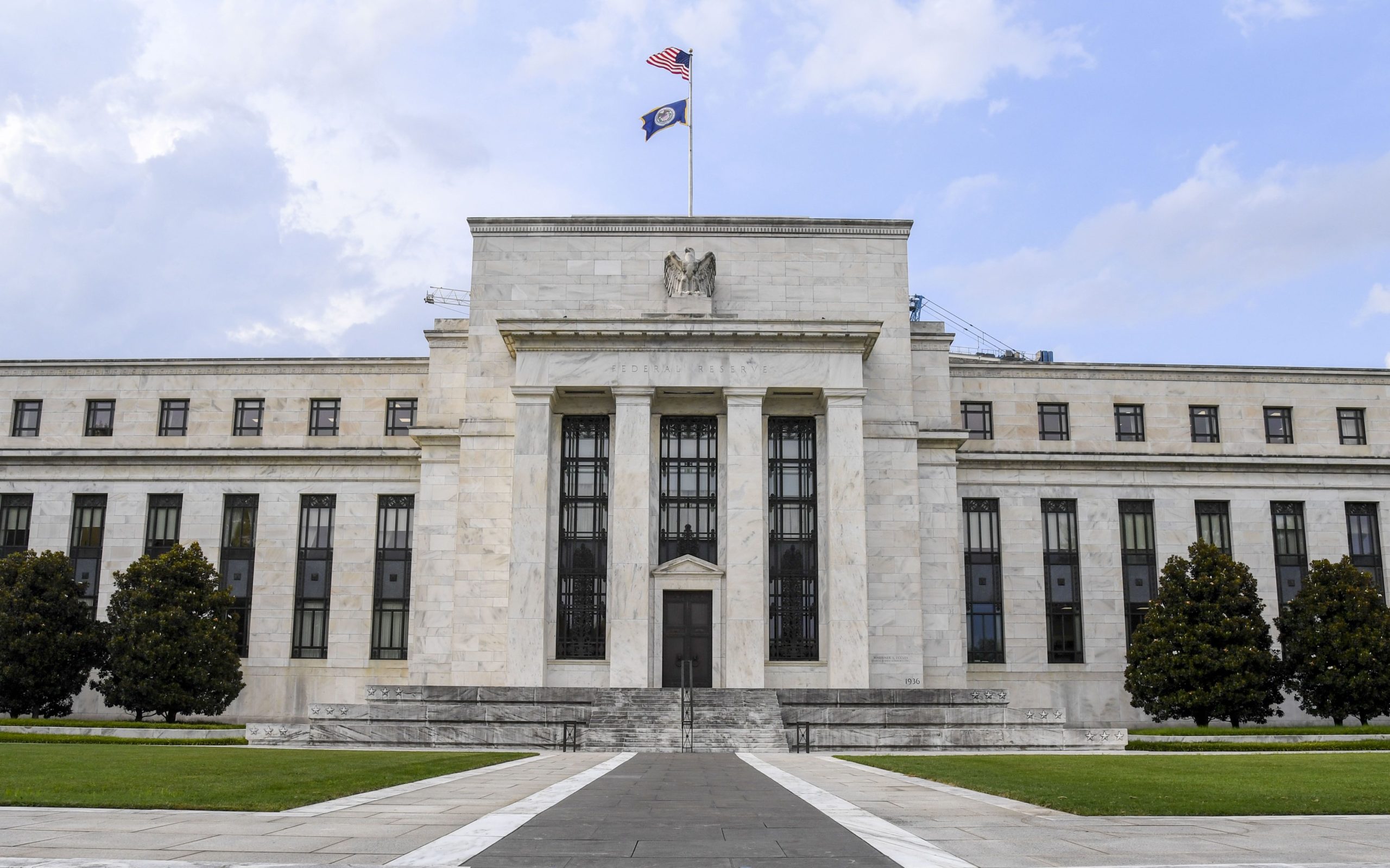

The recent announcement by the Federal Reserve to purchase debt issued by investment grade U.S. companies will also include U.S.-listed ETFs. Explore Overbond’s indexing capabilities, which offers NAV on EOD and intraday basis and screens for most attractive ETFs in this environment.
Source: Forbes
There is a total of $10 trillion of corporate debt in America from bonds to loans, and some of it will be bought by the U.S. central bank.
In an unprecedented U.S. action, the Federal Reserve moved on Monday to buy corporate debt, one of several actions the U.S. central bank took in a massive start-of-the-week intervention to support credit markets amid the dramatic economic impact of dealing with the coronavirus.
The Fed said it would launch two credit facilities to back corporate credit markets, a Primary Market Corporate Credit Facility for new bond and loan issuances and a Secondary Market Corporate Credit Facility to provide liquidity for outstanding corporate bonds.
The purchasing of corporate bonds by the Federal Reserve will focus on debt issued by investment grade U.S. companies and U.S.-listed exchange-traded funds that provide broad exposure to the market for U.S. investment grade corporate bonds.
During the last decade, corporate America took on an unprecedented amount of debt and most of it is rated on the lowest rung of investment grade status by the rating agencies—for example, BBB by Standard & Poor’s.
Scott Minerd, the chief investment officer of Guggenheim Partners, issued a report on Sunday estimating that $1 trillion of these investment grade-rated bonds are at risk of being downgraded from investment grade to junk status, which would increase their borrowing costs substantially.
“BBB-rated corporate bonds, which make up a majority of the investment grade corporate universe, are also a major concern,” Minerd wrote. “Many of these BBB-rated companies don’t pass the criteria to be rated BBB by the rating agencies.”
The Fed said it will buy corporate bonds in the secondary market “at fair market value,” and only up to 10% of a single company’s bonds outstanding. Under its secondary market facility, which will initially be backed by $10 billion of equity from the government, the Fed said it would buy corporate bonds that have a remaining maturity of five years and are rated investment grade (BBB or greater) by two or more rating agencies—or one rating agency if it only has a single rating.
Under its primary market corporate credit facility, the Fed said it will purchase eligible corporate bonds directly from companies and will make loans available to them. Buying corporate bonds, of course, means the Fed will be taking market risks.
“In its new facility the Fed will buy IG [investment grade] corp bonds including the $1 trillion of ‘fallen angels’ IG bonds that are 1 step from being downgraded to junk bonds,” tweeted Nouriel Roubini, an economist at New York University who also runs consultancy Roubini Macro Associates. “Most of such fallen angels are bound 2 junk downgrade. So the Fed takes a reckless credit & mkt risk.”


